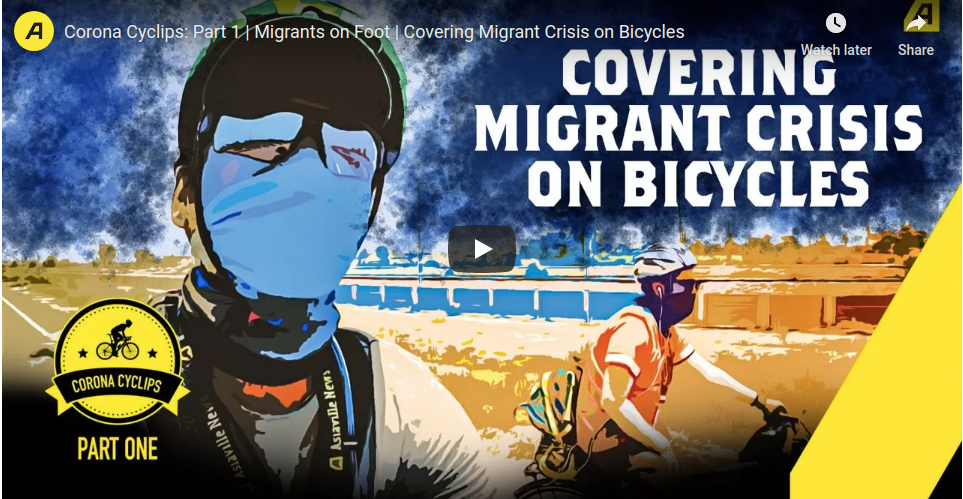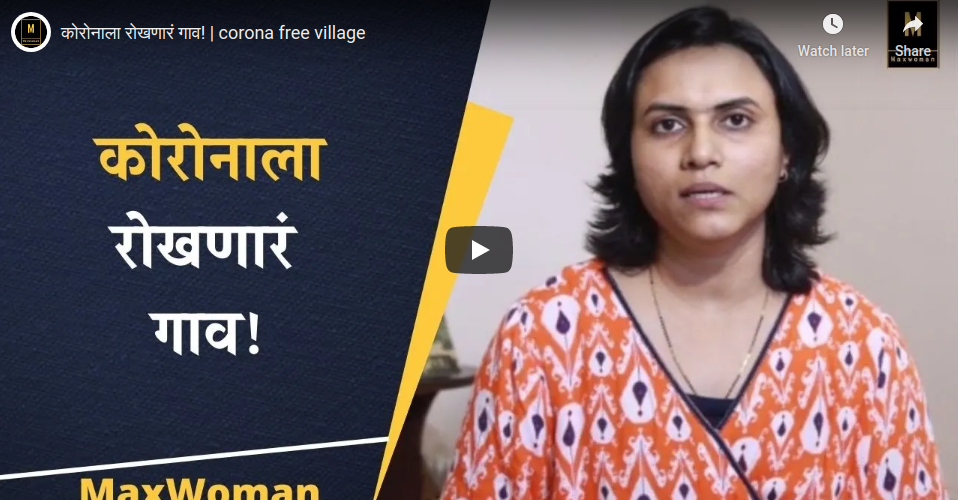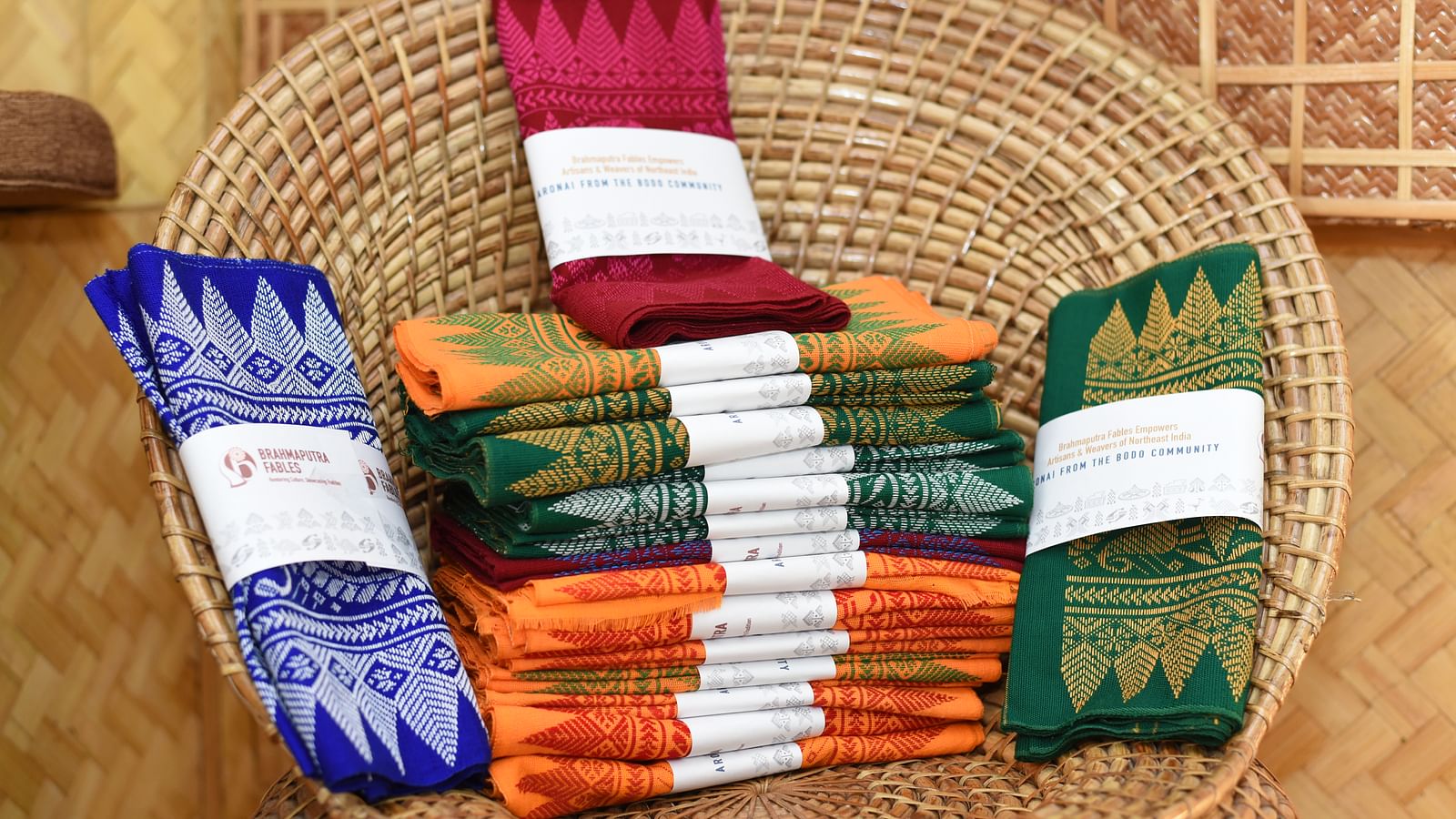Impact: Indian Embassy In UAE Steps In To Help COVID Positive Indians
The Lede had first reported that Indians who tested positive are struggling to find spaces for quarantine

As the number of Indian COVID-19 positive patients is increasing in the United Arab Emirates (UAE), the Indian Consulate General has acquired two buildings in Dubai to quarantine the patients.
A source who is actively involved with the Indian embassy and Ministry of External Affairs in setting up the facility told The Lede that at least 200 patients can be quarantined in the two buildings.
The Lede had reported on April 08 that migrant workers in the UAE who have tested COVID-19 positive are asked to stay home as government hospitals do not have beds and private hospitals are too costly.
Talking to The Lede many social workers, both Indian and of other nationalities said that they are desperately looking for vacant flats as they want to house their COVID-19 positive friends and those who have symptoms.
In the Arab Gulf countries, the accommodation of migrant workers is congested and unhygienic too. Most of them share accommodation. A room that is meant for five people has at least 10 occupants.
On March 05, The Lede had reported that migrant workers were staying in unhygienic and congested accommodation which is a severe risk factor of the COVID-19 outbreak.
Meanwhile, the source said that the two buildings acquired are in the Al Warsan area.
“The buildings will be under Dubai Health Authority control and all health protocol will be followed,” the source said.
As of April 09, there are 2990 COVID-19 cases with 14 deaths. The UAE has conducted 539,195 tests for COVID-19 since the outbreak began.
Meanwhile, a letter from the Consulate General of India in Dubai reveals the Consulate is looking for medics and nurses to attend the isolation wards in the acquired building.
The letter reveals that five medics and 12 nurses are required to attend the quarantine facility.
The letter also adds that the medics and paramedics will be paid and accommodation for them will be arranged in the same building as 24X7 attention is needed.
Lack Of Medics
Meanwhile, the source said that the next challenge they are going to face is the shortage of medics.
“We may have to fly in medics from India. That’s the only workable plan. We are working on that,” the source added.
Additionally, the source said the DHA has also acquired a building that can quarantine 3000 patients.
“We are hopeful such initiatives will help us to overcome this crisis,” the source added.
Repatriation In May
Meanwhile, in a live television program on Manorama News on Friday, the Minister of State for External Affairs V Muraleedharan said repatriation of Indians stranded abroad can be considered only from May and on a priority basis.
Many Indians who are stuck in the Gulf had requested the minister carry out a mass evacuation.
Denying the possibility of mass repatriation of Indians, the minister said the government can only allow repatriation of stranded Indians on a priority basis since arranging quarantining facilities for tens of thousands of Indians returning home is not practically possible.
“Elderly citizens, pregnant women and those requiring treatment back home will be given priority,” he said.
Meanwhile, a plea has been filed in the Supreme Court seeking to rescue Indian migrant workers in the Arab Gulf during the COVID-19 outbreak, on concerns that these migrant workers are being “denied treatment in hospitals even after testing positive.”
Plea In Supreme Court
Talking to The Lede, Advocate Jose Abraham from Pravasi Legal Cell said that they have approached the Court to direct the government to make “appropriate arrangements to rescue and bring the Indian migrants stranded in Gulf countries who are living in the vulnerable condition in labour accommodations.”
The Pravasi Legal Cell, which stands for the migrant workers’ welfare, has also requested the court to direct the government to initiate steps to ensure that adequate food, medicines, quarantine and emergency service facilities are provided to these persons.
The plea notes that the Indian government did operate flights to bring back Indian citizens from other countries but “did not make any effort to bring back the stranded Indians from Gulf countries.”
The first confirmed case of COVID-19 was announced on January 29 in UAE. It was the first country in the Middle East to report a confirmed case.
The first patient, a 73-year-old Chinese woman, was released on February 09 after recovering.
The first two deaths were confirmed on March 20. And on March 22, Dubai started an 11-day sterilisation campaign as an effort to contain the Coronavirus. A night curfew was imposed on March 26 while the country began disinfection.
After putting certain areas under lockdown, the Emirati government announced a two-week lockdown on April 05 to contain the COVID-19 spread.
The government has also announced a two-week, 24-hour sterilisation campaign in Dubai emphasising that residents have to stay at home and anyone violating the restrictions will face stringent legal action.






